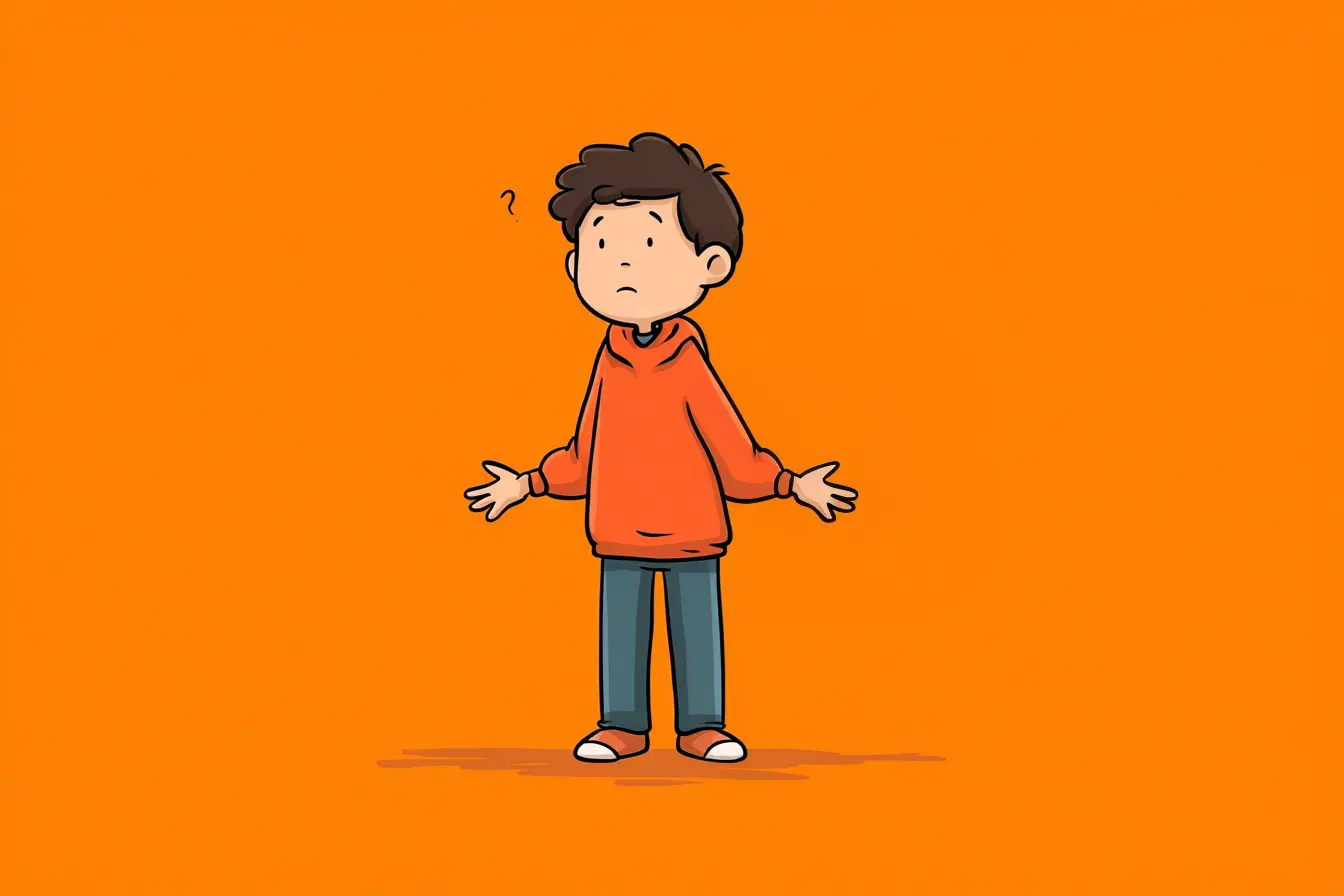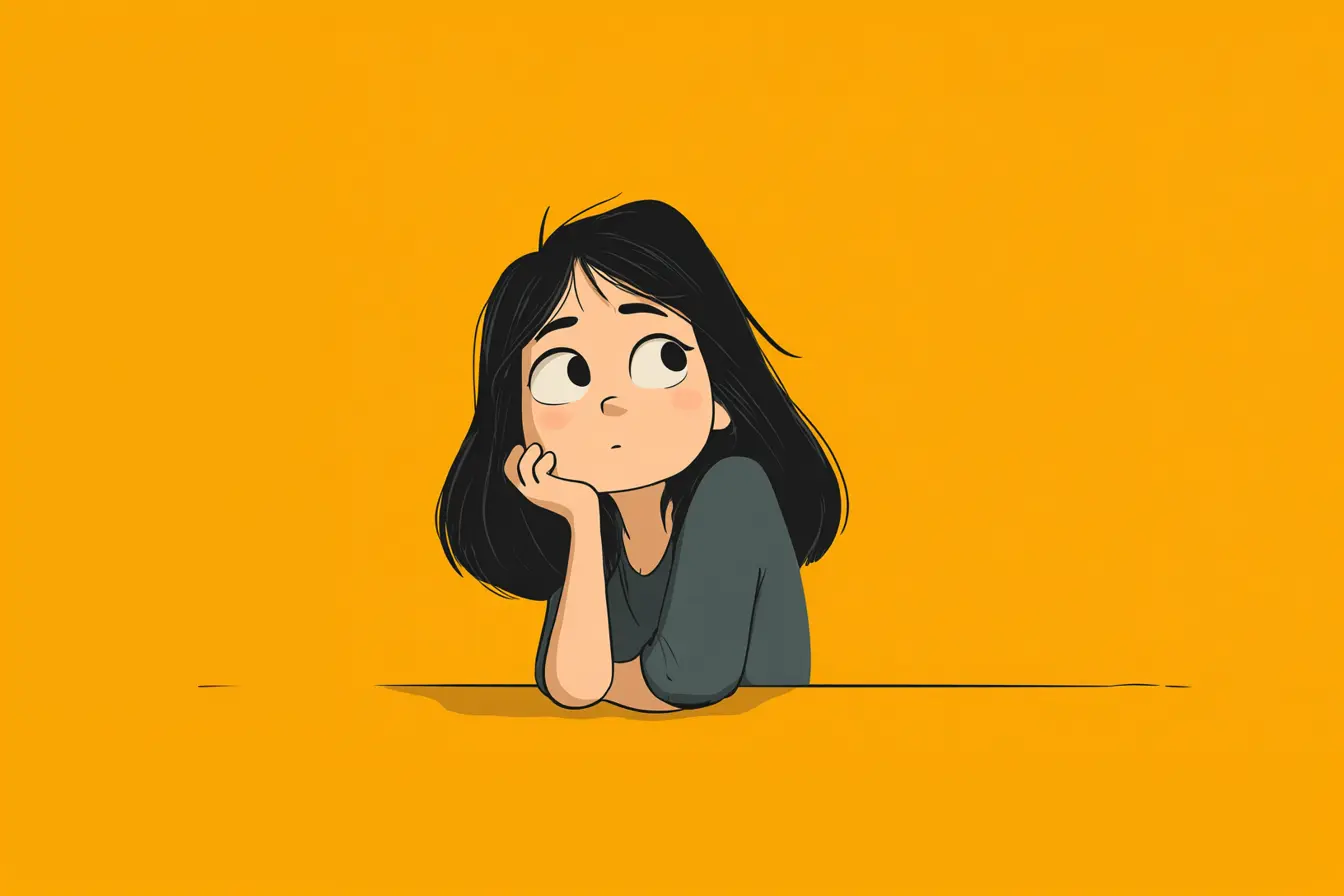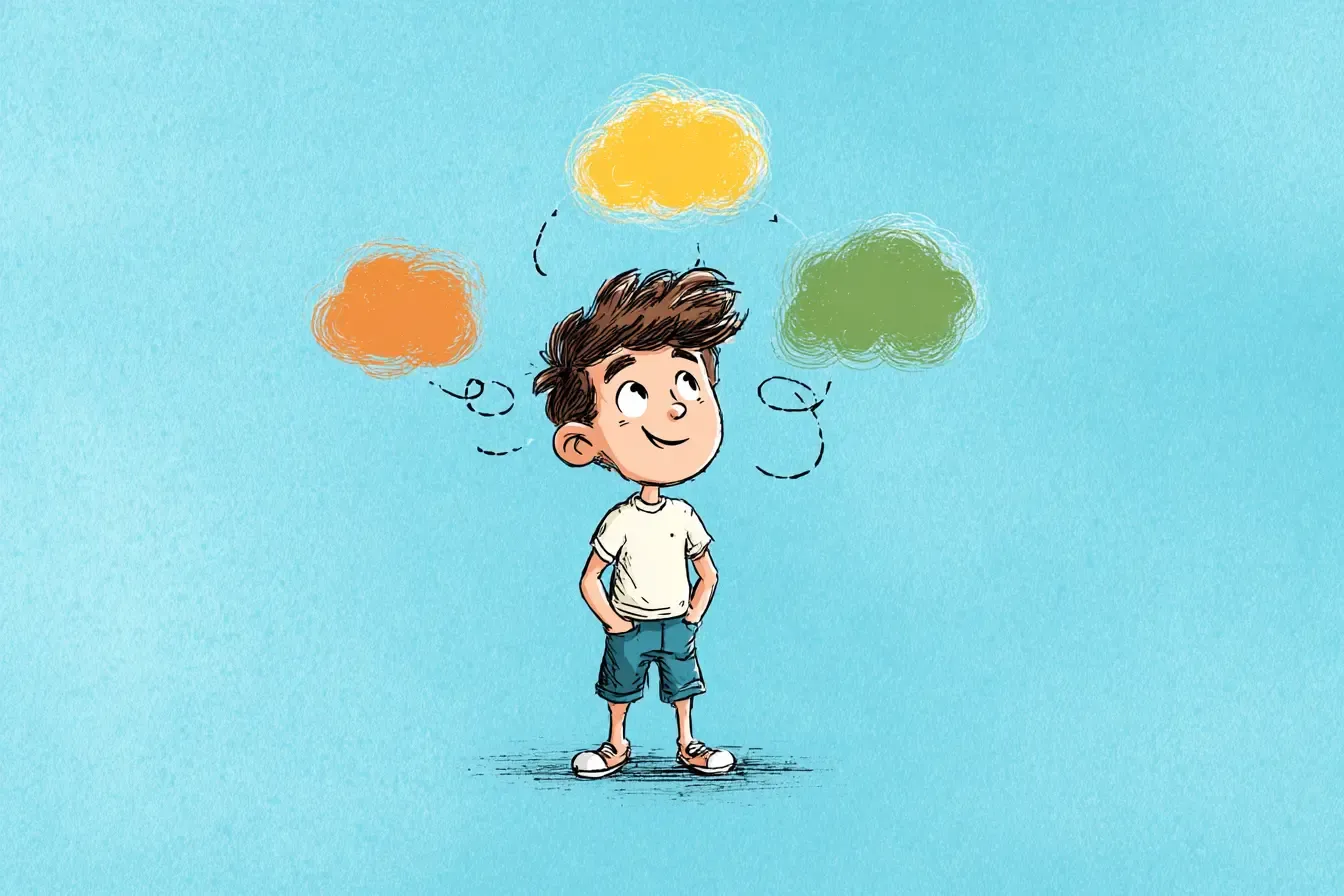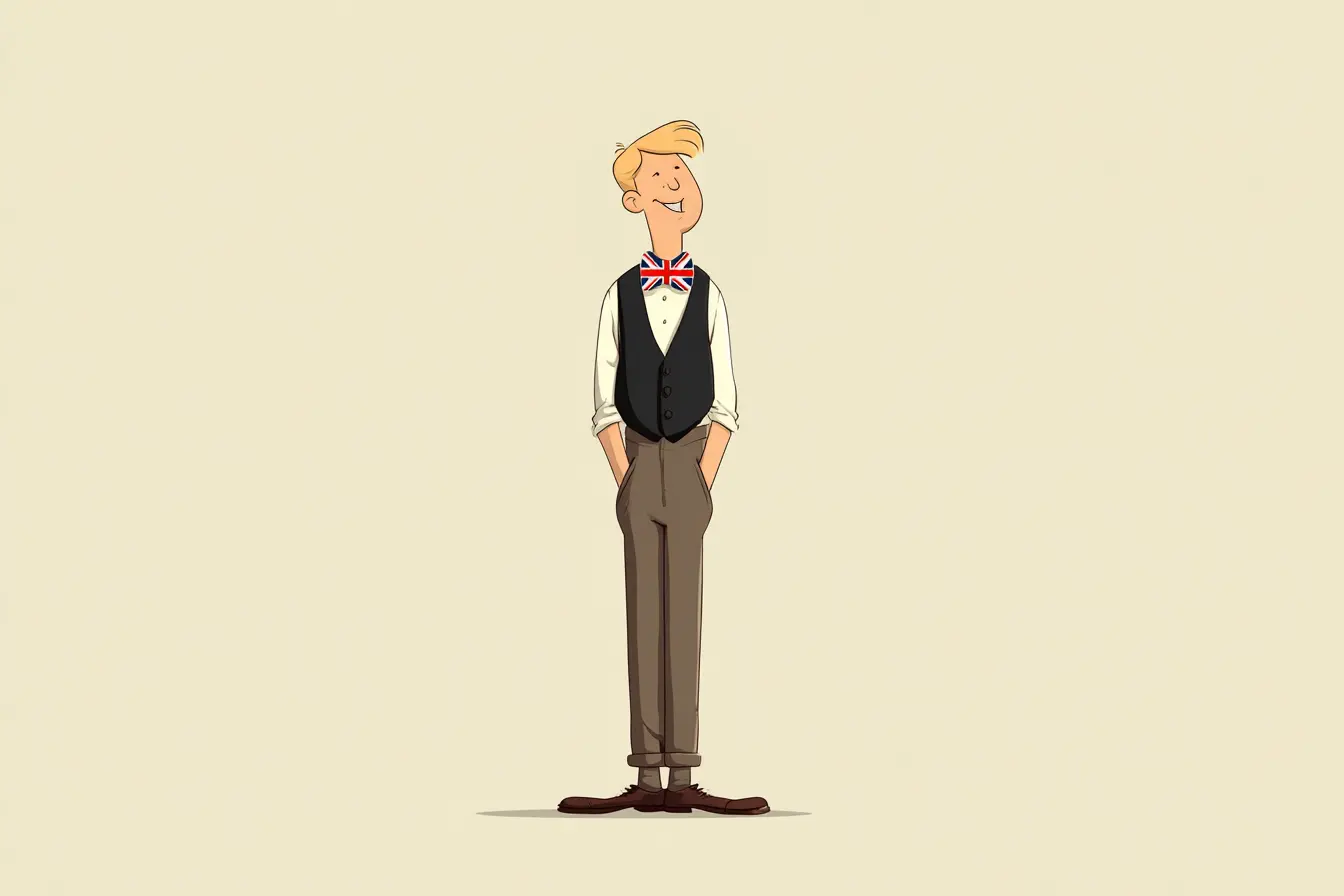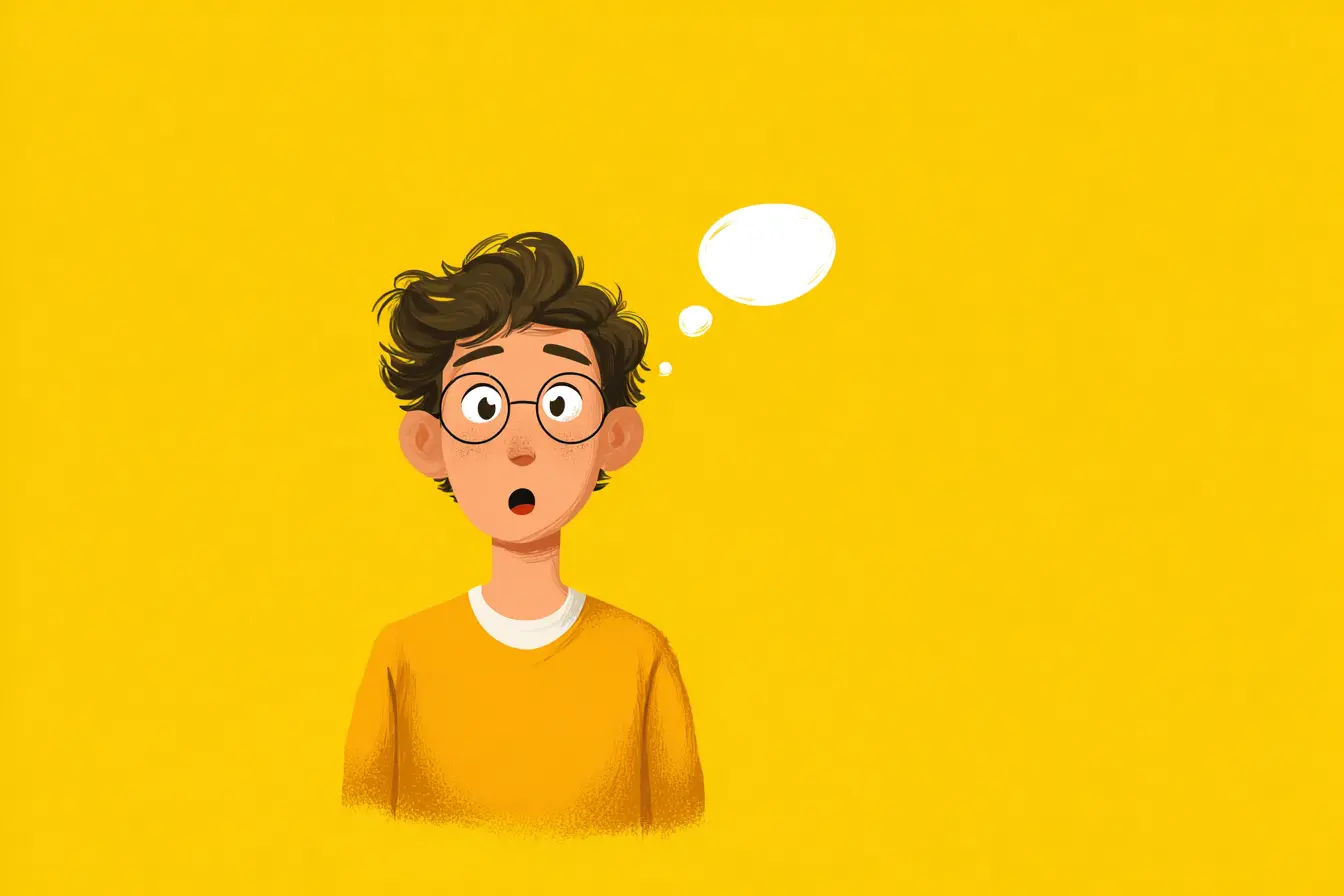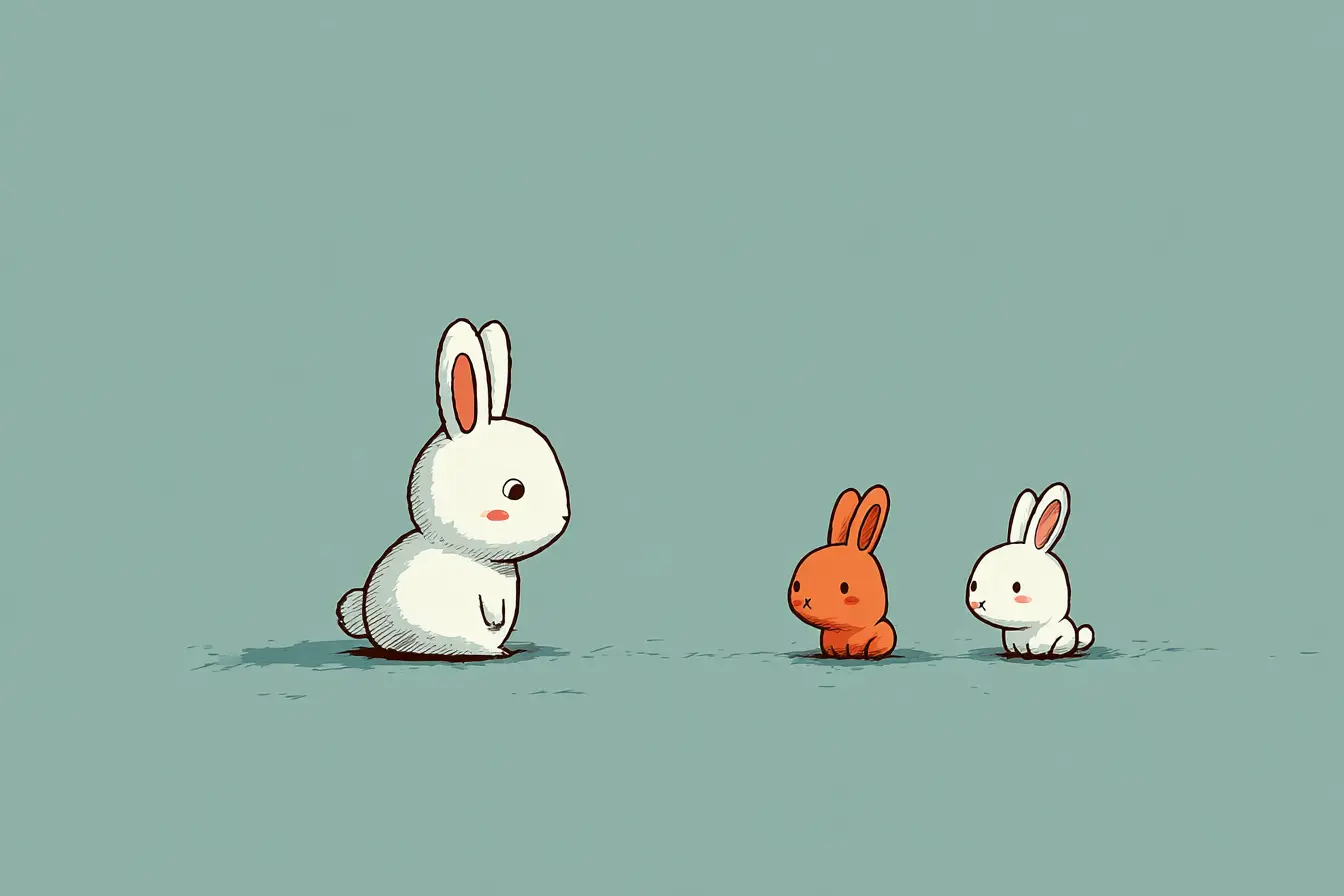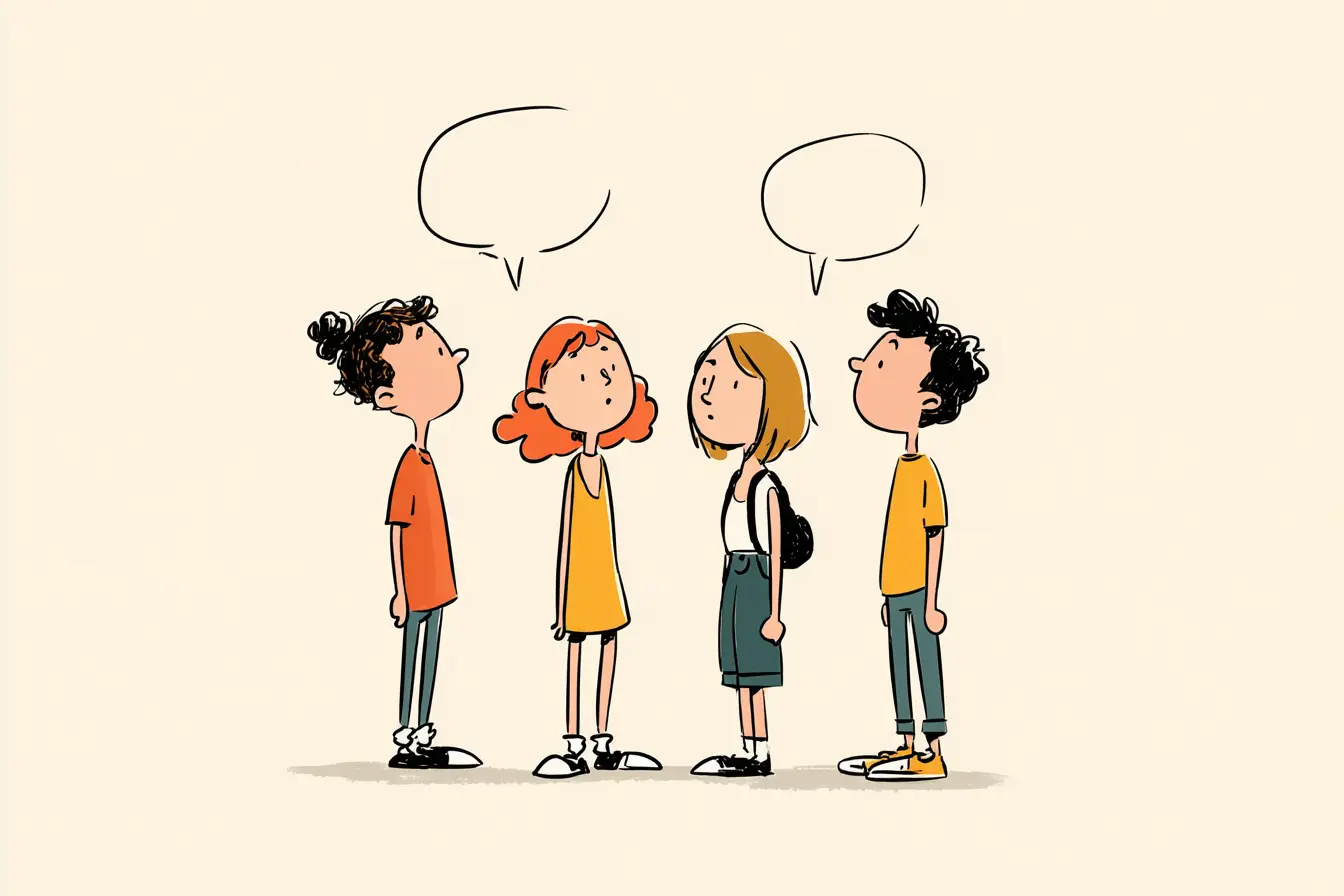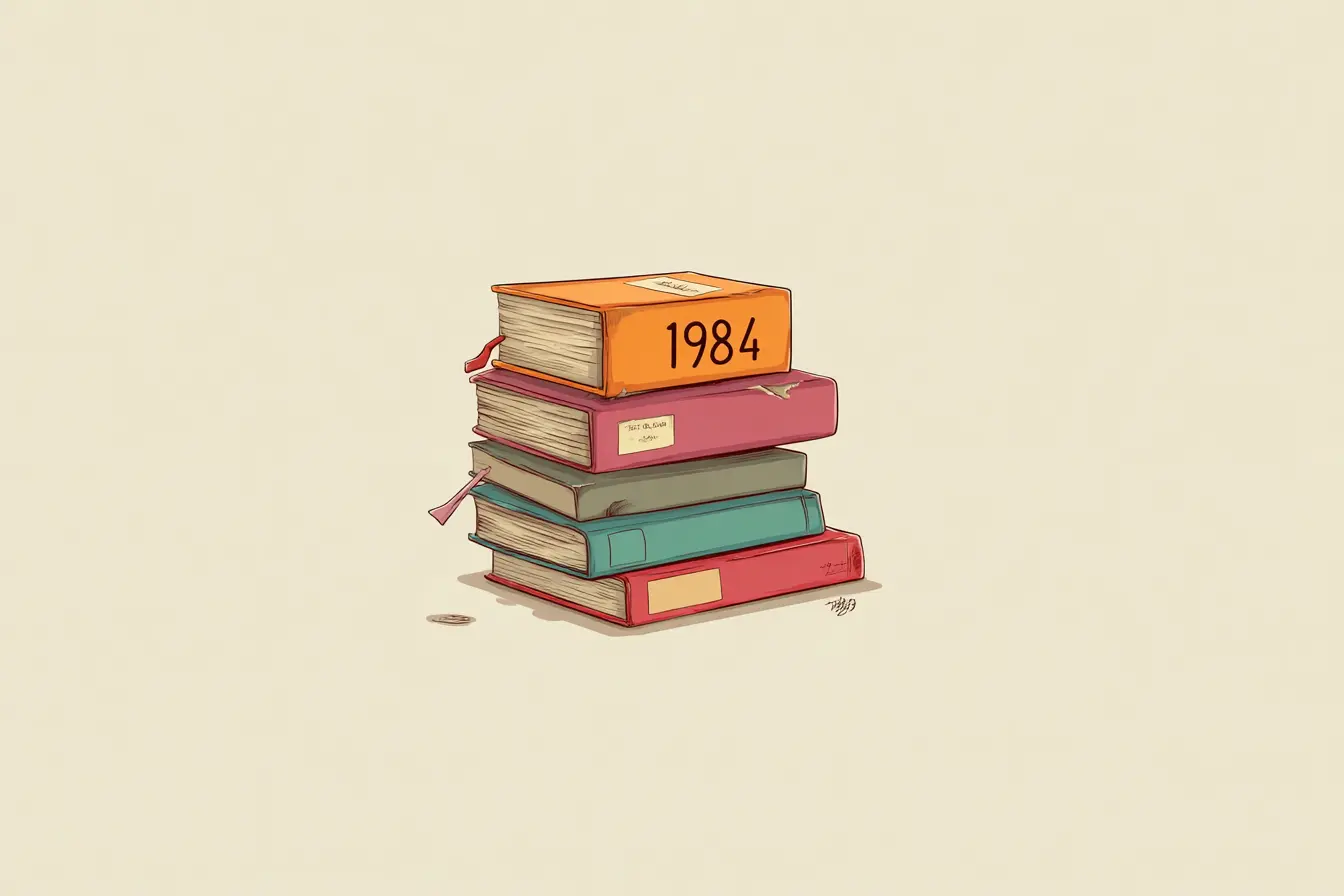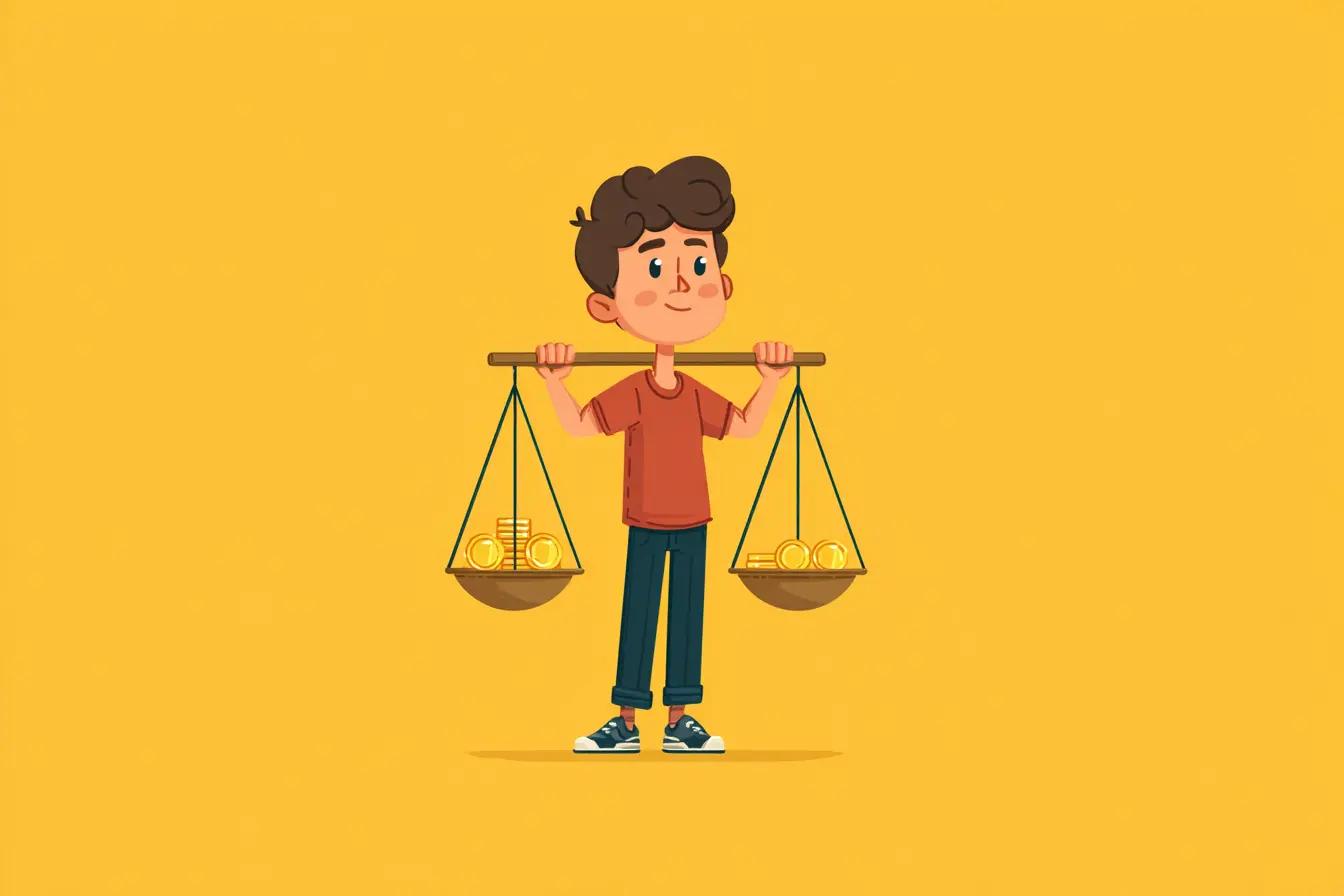What makes a language beautiful? Is it its melodic flow, its poetic charm, or the artistic appeal of its script? Some languages are visually stunning, while others are pure music to the ears. If you are looking for the coolest-looking or the most beautiful-sounding languages, this article explores the most attractive options in both categories.
Why Do Some Languages Sound or Look More Beautiful?
Before we dive into specific languages, let’s break down what makes a language cool-looking or best sounding:

The Best Looking Languages in Writing
Some languages captivate with their unique scripts, stunning calligraphy, and artistic symbols. These cool languages to write stand out as some of the most attractive languages visually.
1. Arabic – The Flowing Masterpiece
With its flowing curves, Arabic is one of the best-looking languages in the world. It’s also one of the most poetic, often written in mesmerizing calligraphy. Arabic script connects letters smoothly, making the text look like continuous artwork.
💡 Interesting Fact: Arabic calligraphy is so stunning that it’s often used in architecture and art worldwide.
2. Japanese – A Combination of Styles
Japanese blends three writing systems — Kanji (Chinese characters), Hiragana (soft, curved letters), and Katakana (sharp, angular characters). This diversity makes the Japanese very interesting and beautiful.
3. Korean – A Modern Yet Artistic Script
Korean’s Hangul script is both visually pleasing and scientifically structured. Its neat syllabic blocks give it a futuristic and organized aesthetic, making it one of the languages with cool letters.
4. Russian – The Bold Cyrillic Alphabet
Russian, written in the Cyrillic alphabet, has a distinctive appearance. These cool letters are unique yet recognizable, giving it an air of mystery.
5. Greek – Timeless Elegance in Writing
Greek has one of the oldest and most influential alphabets in the world. With its symmetrical letters and distinct character shapes, it carries an air of historical grandeur.
The Most Beautiful-Sounding Languages
While some languages dazzle the eyes, others enchant the ears. Here are some of the pleasantly sounding languages.
1. French – The Language of Elegance
French is often called the language of love because of its soft, flowing pronunciation. Its nasal vowels and smooth intonation make it sound very sophisticated.
💡 Interesting Fact: French sounds so elegant that many luxury brands use it in advertising to evoke sophistication.
2. Italian – The Musical Language
Italian is lively, rhythmic, and expressive. Every sentence sounds like it’s being sung. No wonder so many operas are written in Italian!
3. Spanish – Passionate and Expressive
With rolling ‘r’s and energetic pronunciation, Spanish is one of the most beautiful languages. It’s passionate, romantic, and has the nicest natural rhythm that makes it enjoyable to hear.
4. Portuguese – A Soft and Dreamy Sound
Portuguese, especially the Brazilian variety, has a very relaxing and positive sound. It blends elements of Spanish and French while maintaining a distinct, smooth flow.
5. Japanese – Gentle and Soothing
Japanese has a naturally cute and polite sound, with its gentle syllables and lack of harsh consonants. It’s one of the coolest-sounding languages that feels calming and pleasant.
Why Learning a Beautiful Language Matters
While we often appreciate languages for their prettiest scripts or nicest sounds, their beauty also lies in the connections they create. A language can shape the way we experience art, music, and even business.
For professionals, learning an attractive language isn't just a personal passion—it can also be a strategic advantage. Many companies offer their employees corporate language learning programs to learn languages like French for diplomacy, Mandarin for trade, or Spanish for international expansion. Even in creative fields, mastering the most beautiful languages can open doors to collaborations in cinema, fashion, and literature.
The most beautiful languages are not just poetic — they are powerful tools for communication that can bring aesthetic joy and real-world benefits.



